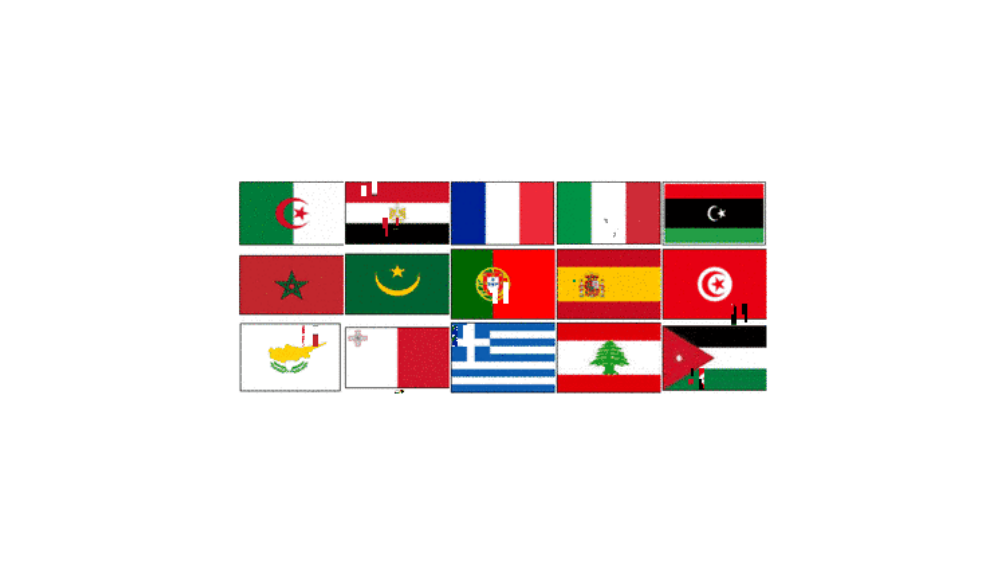GENERAL PRESENTATION
In 2009, the chief veterinary officers of 10 Western Mediterranean countries (Algeria, Egypt, France, Italy, Libya, Morocco, Mauritania, Portugal, Spain, and Tunisia) created a common framework for work and cooperation, having the necessary capabilities to assist and coordinate the development and implementation of animal health regional projects and programs: the Mediterranean Animal Health Network (REseau MEditerranéen de Santé Animale – REMESA).
In 2013, the chief veterinary officers of Malte, Chypre, and Greece joined the Network. Jordan and Lebanon joined the Network in 2014.
REMESA CONTEXT
REMESA is inline within the overall context of the Barcelona Process initiatives for a Mediterranean partnership, and more recently, within the creation project of the Union for the Mediterranean launched in Paris on 13 July 2008. This initiative is also linked to the European Neighbourhood Policy (ENP) developed in 2004 in order to enhance prosperity, stability, and security. The ENP, which goes beyond the existing relationships to offer a political connection and economic integration, is applied to immediate EU neighbors. In addition, North African countries (except Egypt) are grouped under the Arab Maghreb Union (AMU), whose main objective is to prepare the right conditions for a gradual economic integration at the scale of the Maghreb region.
The concept of regional animal health network is based on grouping several countries; moreover was focused on harmonization of surveillance and control methods as well as strengthening the national devices without replacing their functions. The priority diseases that appear in Northern African countries are rabies, peste des petits ruminants (PPR), brucellosis, bluetongue (BT), sheep pox, tuberculosis, foot and mouth disease, avian influenza (AI), leishmaniasis, Rift Valley fever (RVF) and African horse sickness (AHS). In Southern European countries, animal health concerns are the spread risk of these diseases from the South (FMD, PPR, rabies, etc…), and shared surveillance and control issues (vector-borne diseases such as BT or West Nile Disease WND).
The Mediterranean Animal Health Network is based on the veterinary services of each country that adhered to its objectives and should be considered as a structure in which regional programs and projects may find their anchorage. This regional context does not replace the essential baseline work that must be done in each country which will be always sovereign on its decisions in regards to epidemiological surveillance, disease control, or animal health information exchanges outside of its borders.
OVERALL OBJECTIVE
REMESA is a new structure, a framework for mutual cooperation with the capacities to supervise and encourage the development of future projects and animal health programs on both sides of the Mediterranean. Its overall objective is to improve the prevention and control of animal diseases in the Mediterranean region.
SPECIFIC OBJECTIVES
To facilitate access, exchange, and sharing of information on a regular basis.
To improve Epidemiosurveillance.
To strengthen prevention and control measures.
To distribute efforts for the preparation of emergency response plans.
To develop and synchronize the emergency response plans.
To facilitate cooperation between research centers, laboratories, and universities.
To represent the central interface to facilitate the organization of human, material and financial resources, and relationships with institutions.


